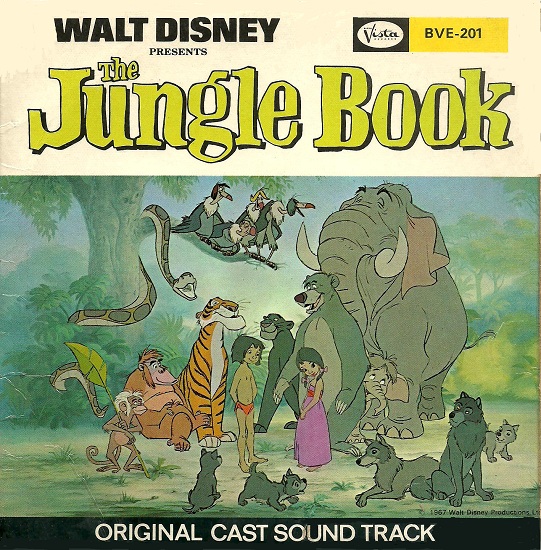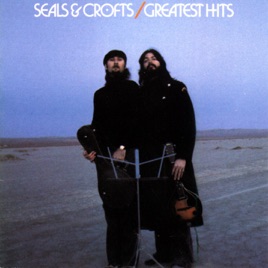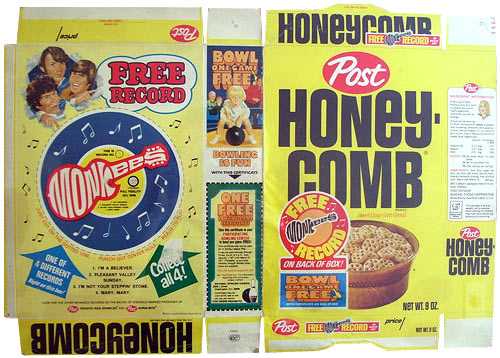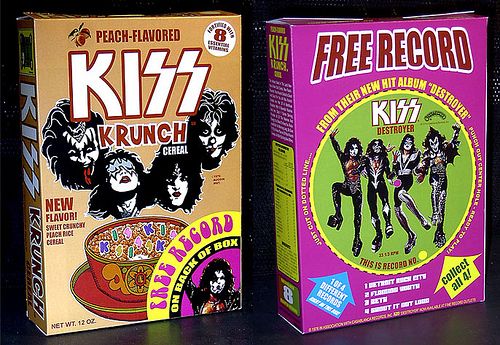What are your thoughts on CD music only recording between 20 hz and 20,000 hz in order to save space on the disc, due to the human ear not being able to hear outside this range? I've heard people say part of the reason that vinyl sounds better is music outside that range that we can still feel even though we cannot hear them, and it gives the sound the impression of being fuller. I'm not sure if I believe that or not but it seems reasonable.
It's technically complex, but in essence there is a lot of mastering 'tricks' that were used to make up for the deficiencies of LP records. Just as an example, a powerful source bass note down near the lower limits of what an LP could physically produce would actually make the needle pop out of the groove. So mastering engineers would apply EQ & compression tricks to make the
rest of the bass note sound fuller and more present to make up for diminishing the too-powerful parts of the note. (This is also why bass is
always in the center of the stereo field, instead of stage left where most bass players play). This is why many LP aficionados insist bass is better on LP's, because in a sense it is, but only because it was artificially made so to make up for the deficiencies of the medium. They would also do the same mastering tricks at the higher end of the spectrum to make up for super high frequencies that the needle was simply incapable of producing or to reduce harmonic resonance of needles, etc..
In fact, music releases were independently mastered according to the medium on which it was going to be released; there would be an LP Master, a reel-to-reel Master, an 8-track Master, etc., all custom tailored to make up for the strengths & weaknesses of the medium on which it was going to be played. Also, in the days of LPs, stereo & speaker manufacturers would impart their own EQ & compression
'flavors' to sweeten the music. So with all of those techniques combined with the not-unpleasant, 'warm' sounding harmonic distortion created by tube gear, people really liked that sound.
One of the reasons that the CD vs. LP argument persists (in addition to the above issues) is because when CDs first came out a couple things occurred: CD were much more accurate and 'flat' in their response compared to LPs, but Mastering engineers did the same old mastering tricks they had to do with LPs to make them listenable without taking into consideration that CD were a different medium that required different mastering techniques, as a result the first CDs sounded - in comparison - awful, but they learned the new mastering techniques the medium required and they quickly improved. It also took the hardware manufacturers a while to develop electronics and speaker systems that took advantage of the capabilities of digital CDs, including superior bass and high frequency response and just improved over all dynamic range.
As for the hearing range, blind tests have shown that people cannot hear the difference between a square wave and a sine wave above 20k (maybe 22khz for people who have super hearing). Anything beyond this is more marketing than anything else. Below 20hz is really more into "feeling" than "hearing" as the frequency is so low.
This is true. Even more so for people who lose high-end range as they age. I'm pretty sure Led Zeppelin in the Kingdome in '76 ended my dog whistle days for ever

But this is what's interesting about formats like DVD Audio and Super CDs: Yes, they produce sounds we cannot hear,
however (and this is important) those sounds we cannot hear produce 1st, 2nd and 3rd order harmonics that we
can hear that affect the music around them and add to the sense of realism and presence that our brains can detect but we cannot describe. The same goes for music we
can hear producing the same harmonics above and below our hearing range. I have a DVD-A of
Hotel California, an album we have all heard probably
too many times, and I am amazed at the difference - you can hear nuances in, say, Don Henley's cymbal playing you could never hear even on the Red Book CD, and i am convinced it is, in part, due to the harmonics of sounds that I might not be able to hear but that
do affect what I
can hear.
Music labels and mass consumer-level labels and hardware producers love the argument that, if you can't hear it there's no sense in trying to reproduce it (because it costs them $$$ in profit margin to do so), and that has resulted in the de-emphasis of High Fidelity music hardware compared to the 60's & 70's when people saved their money to invest in really sweet gear, which is unfortunate, because the Hi-Fi formats and hardware
do make a tremendous difference in the listening experience.
So, yes, formats and hardware that can produce sound below 20 Hz and above 20K Hz is worth it.









